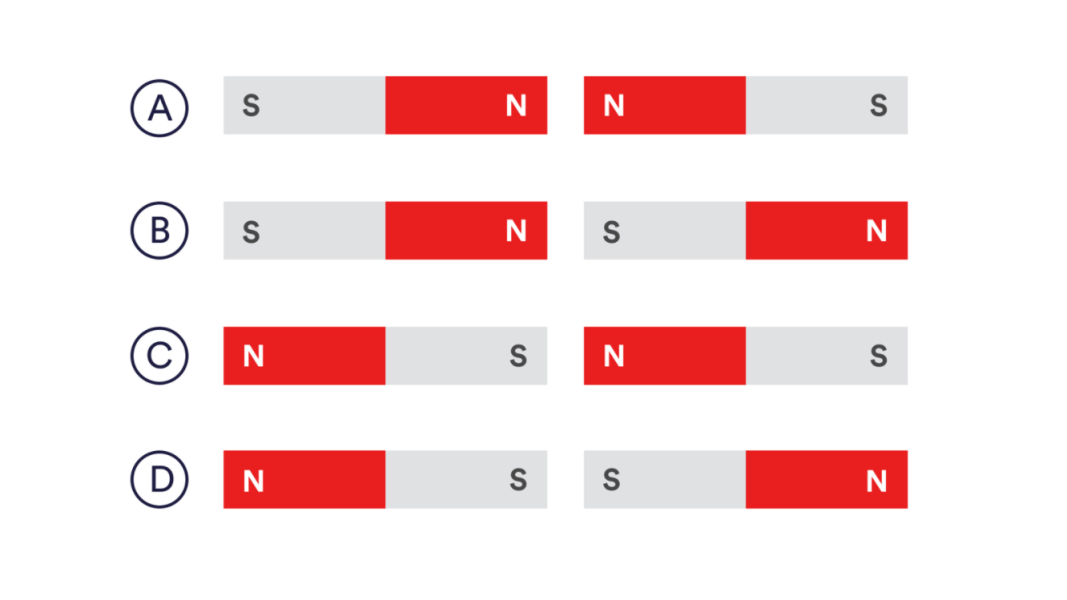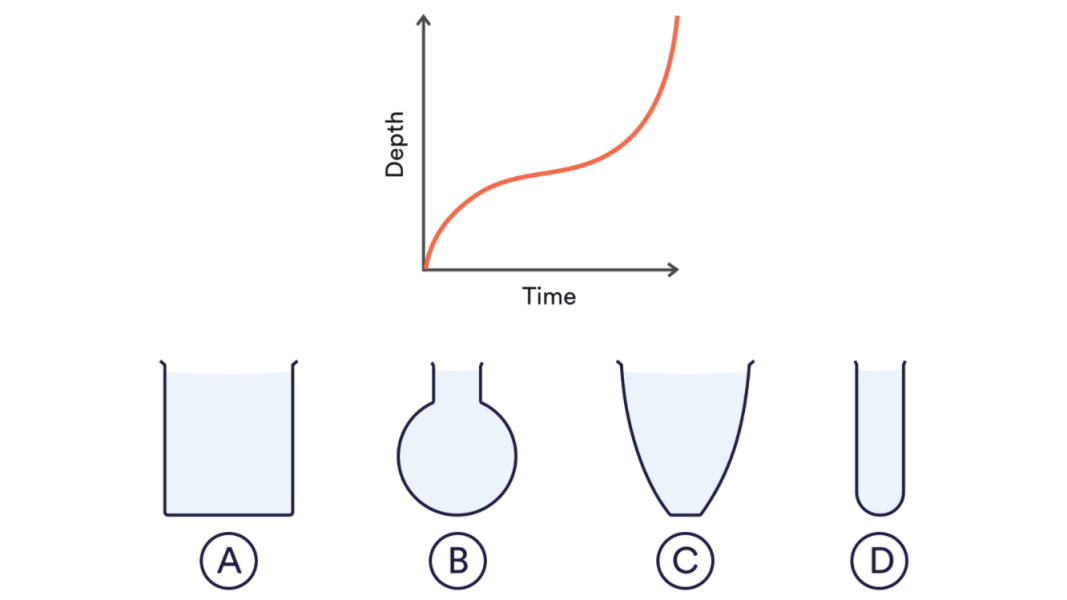Is the MAT-4 test hard?
Although the MAT-4 test is designed to assess a candidate for their ability to learn, successful applicants must be able to understand and apply scientific knowledge. The tests themselves describe common household objects and recognisable scenarios – like hand and power tools, or general everyday things like cars and microwaves.
The basic nature of the topics can make it seem simple, but the images themselves are often low on detail and the questions deliberately vague to make it more challenging.
The MAT-4 tests are relatively short, with only approximately 55 seconds per question, so they do not allow much time for deliberation on harder questions.
What are basic mechanical skills?
There are several laws and principles that you should be able to understand and apply in mechanical reasoning tests. These include (but are not limited to):
-
Newton’s three laws of motion, gravity, friction, acceleration (force and movement)
-
Ohm’s Law, circuits, currents and voltages
-
Rotational and linear velocity, wheels
-
The Doppler effect, attenuation, refraction, reflection (in both acoustics and optics)
-
Hydraulics, the ideal gas law, displacement, Bernoulli’s principle
-
Heating/cooling, condensation, evaporation and thermodynamics
-
Gears and pulleys
Where can I practice mechanical reasoning tests?
Here! We have several mechanical reasoning tests available for practice, including answers and explanations to help you understand how mechanical reasoning assessments work.
How are the test results displayed?
Test results are presented to the recruiter as a score sheet. This includes the raw scores for each question – which ones you got right, and which ones you got wrong.
As a general rule, employers are more interested in your percentile score, which shows how well you have performed against another group of test takers. So if you scored 80%, you have outperformed 79% of the other candidates in the comparison group.
As with other aptitude tests, the Ramsay mechanical aptitude test is administered as part of a screening process during recruitment, so scoring well helps your application as a whole and could mean progressing to the next stage.














